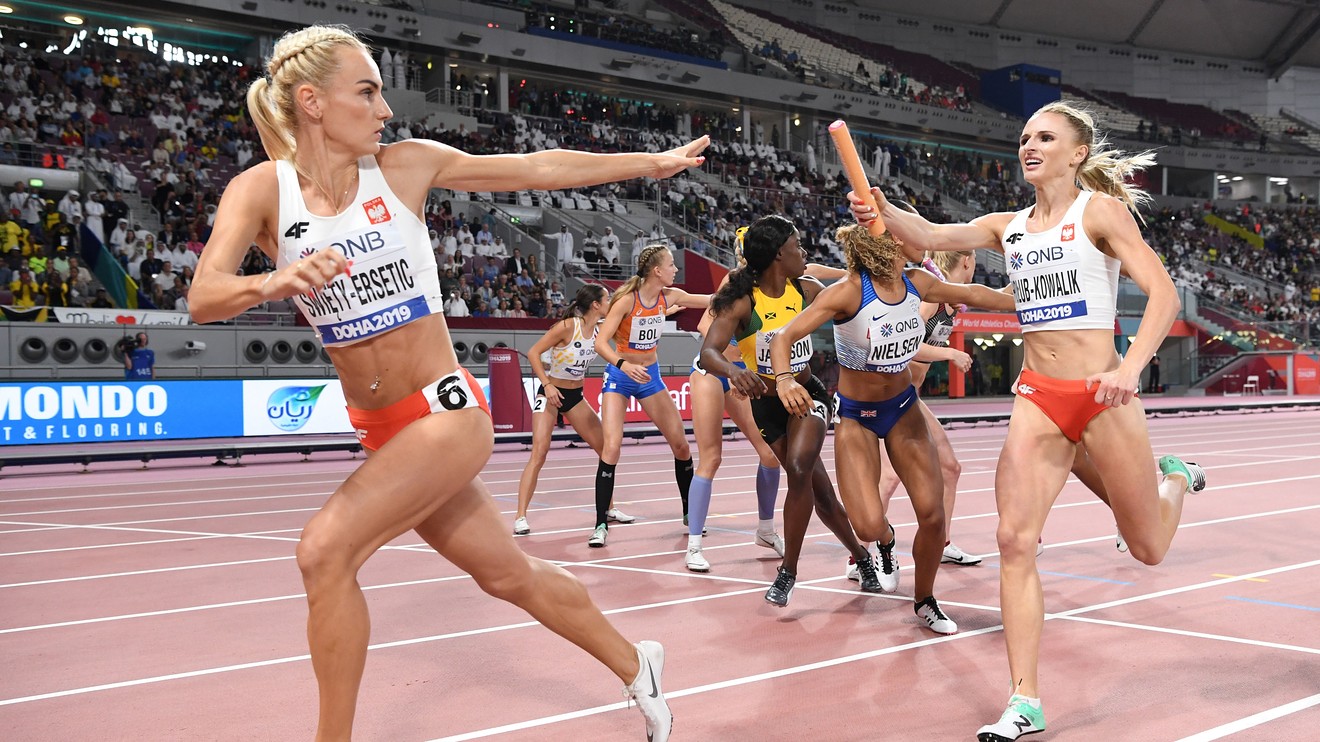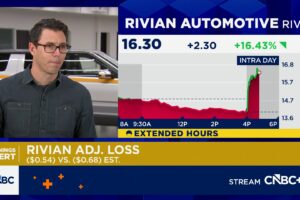
In the busiest earnings week of the season, Thursday is the biggest act.
Two trillion-dollar companies — Apple Inc. AAPL, +3.28% and Amazon.com Inc. AMZN, +2.53% — will follow the successes of rivals Alphabet Inc. GOOG, +8.73% GOOGL, +8.89% and Microsoft Corp. MSFT, +4.48% and look to prove that the pandemic will only bolster Big Tech. At the same time, Gilead Sciences Inc. GILD, +5.68% will open executives up to questions one day after detailing the results of a study on its antiviral treatment for COVID-19.
The first two days of the traffic-heavy week boosted stocks, but Thursday is the most packed earnings bill so far: 54 members of the S&P 500 SPX, +2.65% and four Dow Jones Industrial Average DJIA, +2.20% components scheduled to report. Here are the highlights.
• Just as Google and Facebook Inc. FB, +6.16% calmed investors’ fears about the online-advertising market’s direction during the coronavirus crisis, Apple must do the same for iPhone supply and demand. AT&T Inc. T, +2.54% and Verizon Communications Inc. VZ, +0.50% both saw sharp drops in equipment revenues toward the end of the March quarter after they closed their stores, but analysts think the company could get a pass on weak March smartphone sales as long as it shows positive momentum since. Some clues may come from China, which is earlier in the process of jolting its economy.
See more: Apple’s annual cash bonanza arrives as other companies cut investor returns due to coronavirus
• Amazon was certainly relied upon amid shelter-in-place restrictions, but investors will want to know how much Amazon is spending to fulfill those orders, as well as sustainability. Amazon Web Services typically provides the majority of operating profit for Amazon, and the growth of cloud-computing could be just as important as the booming e-commerce needs.
Read: Amazon has the right businesses to weather coronavirus, but spending could grow even faster
• Gilead’s remdesivir appears to have improved recovery times for COVID-19 patients in one study, but there are still a lot of questions. While Gilead will largely report the financial results from its HIV drugs, analysts and observers will want to hear executives describe what they took from the study results.
• Twitter Inc. TWTR, +7.98% looks to keep the online-advertising streak alive in the morning, but analysts aren’t so sure that will happen. “We believe Twitter is faring worse than peers by way of its outsize exposure to brand advertising (relative to [direct response]) and its monetization rates being highly levered to sports content,” Evercore’s Kevin Rippey wrote.
• Visa Inc. V, +6.15% will give a further read on the consumer-spending landscape after rival Mastercard Inc. MA, +7.21% pointed to a recent stabilization in trends a day earlier. Mastercard saw e-commerce growth partly compensate for weak travel-related spending, and investors expect a similar dynamic at Visa.
• McDonald’s Corp. MCD, +1.01% and Dow Inc. DOW, +4.46% round out the Dow components with their morning reports. McDonald’s gave an update on its business in early April but is set to detail trends since then, especially in China, where consumers are gradually beginning to return to restaurants. The company could also discuss lower food costs, which Guggenheim analyst Matthew DiFrisco said could lead to more value-meal options later this year.
• Expect more from Comcast Corp. CMCSA, +2.41% on plans for its Universal unit to start releasing movies directly to on-demand customers in their homes. The move has sparked backlash from theater operators. Comcast could also share recovery expectations for its theme parks and media businesses.
• United Airlines Inc. UAL, +12.10% faces bleak conditions with the sharp collapse in air travel and investors will be focused on the company’s cost-control measures now that many of its planes have been grounded. United asked workers to take voluntary leave or leave at lower pay rates, a move that Cowen & Co. analyst Helane Becker said “will help mitigate some of the revenue headwind,” though she still expects the airline to “bleed cash” until at least the second quarter of 2021.







